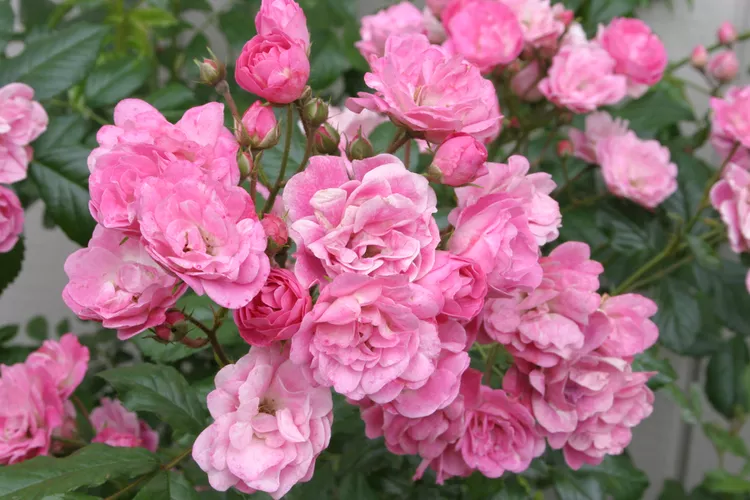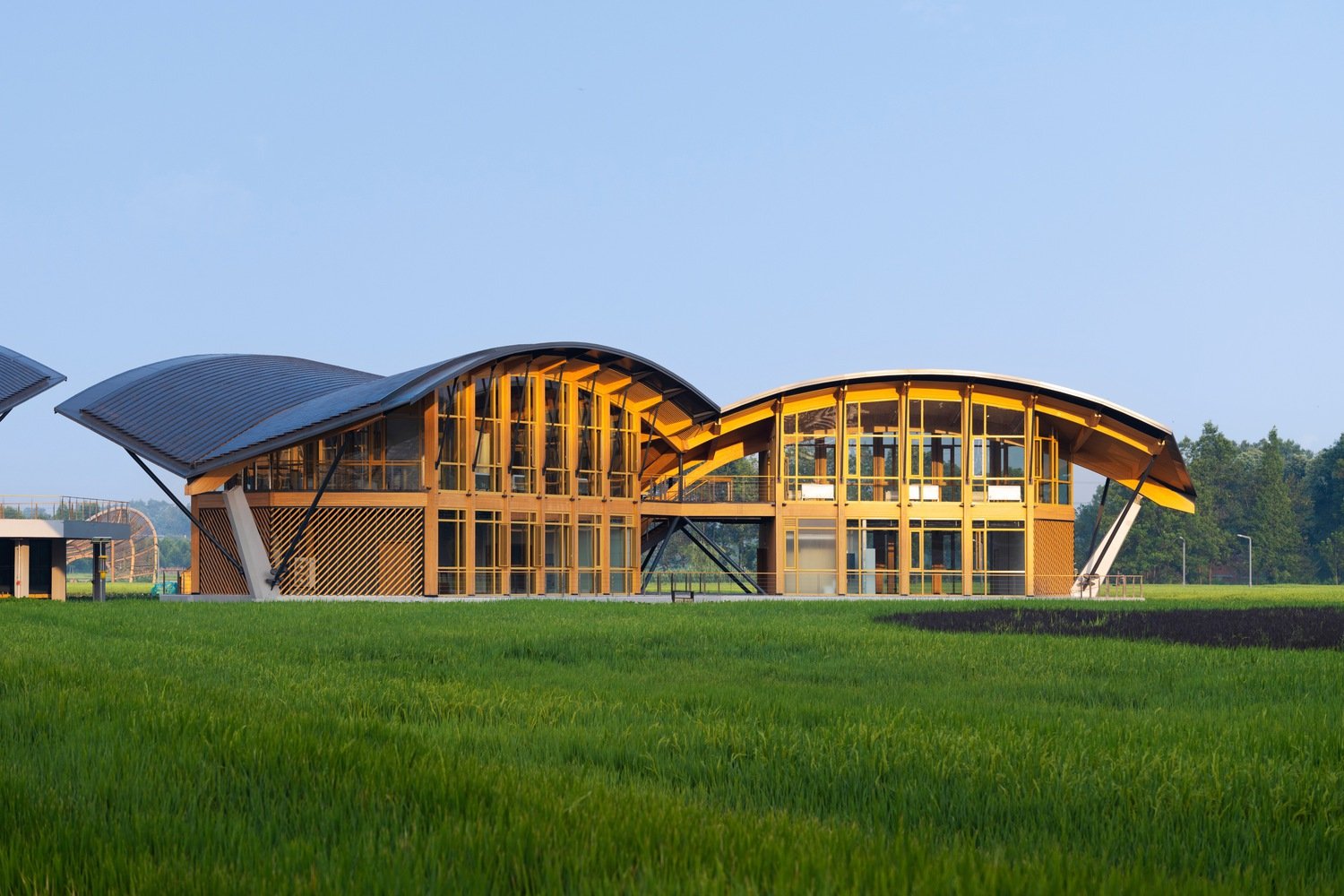Follow These Fertilizing Tips to Let Your Roses Bloom Big and Bright
Roses are usually hardy and will bloom with minimal care. However, they require a greater level of nutrients than most of the other flowering bushes for them to develop their fullest and most colorful blooms. Luckily, fertilizing roses is not complicated, whether you’re using organic or chemical-based fertilizers. The key is to apply a rose fertilizer that has the right nutritional content and stick to a regular feeding schedule. Discovering the how and when to fertilize the roses will reward you with an abundance of scented, vigorous flowers all season.
Why Roses Need Fertilizer
Like most flowers, roses utilize three major nutrients: nitrogen (N), phosphorus (P), and potassium (K), with minute quantities of elements like iron, copper, boron, and chlorine. These micronutrients promote hard root and cell growth. While some of these do come from the garden soil, as plants age, the nutrients are depleted—so the onus is on you to replenish them. Fertilizing on a regular basis will keep your roses healthy and more floriferous.

Source:bhg.com
Choosing the Ideal Mix of Rose Fertilizer
Either synthetic or organic (plant- or animal-) fertilizers can supply nutrients. They come in several forms: foliar spray, liquid solution, or dry granules. For convenience, choose fertilizers that are labeled especially for use on roses, and strictly adhere to instructions for quantities to apply and application frequency. Do not overapply—too much fertilizer can burn plants or leave them vulnerable to pests and disease.
Organic Alternatives for Rose Feeding
Organic fertilizers are more gentle on the soil and promote long-term health by promoting healthy organisms and building humus. Although they may contain lower nutrient levels than synthetics, they’re ideal for use in several ways. Excellent organic rose fertilizers include:
Fish emulsion
Aged manure
Compost tea
Alfalfa meal
Bone meal
When and How to Feed Your Roses
Roses are typically fed while in growth, although timing and frequency depend on age and plant type.
Newly Planted Roses
When planting a new rose, mix compost into the planting hole. Wait about a month before applying a liquid fertilizer, once the plant has become established.
Mature Roses
Feed established rose bushes in early spring, once new shoots reach 6 inches in length. Apply a second round of fertilizer after their first bloom cycle.
Repeat Bloomers
For more-than-once-a-season bloomers like roses, start in spring and continue to feed every 2–3 weeks up through the late summer for ongoing blooms.



